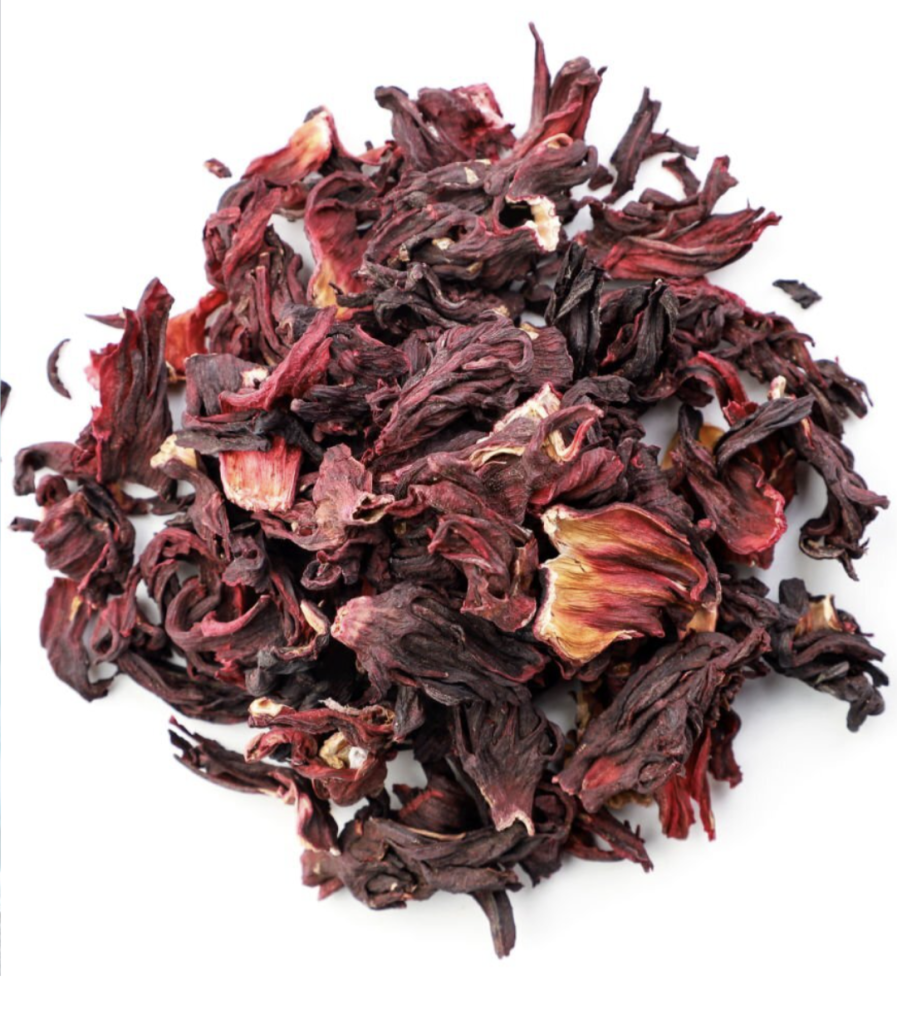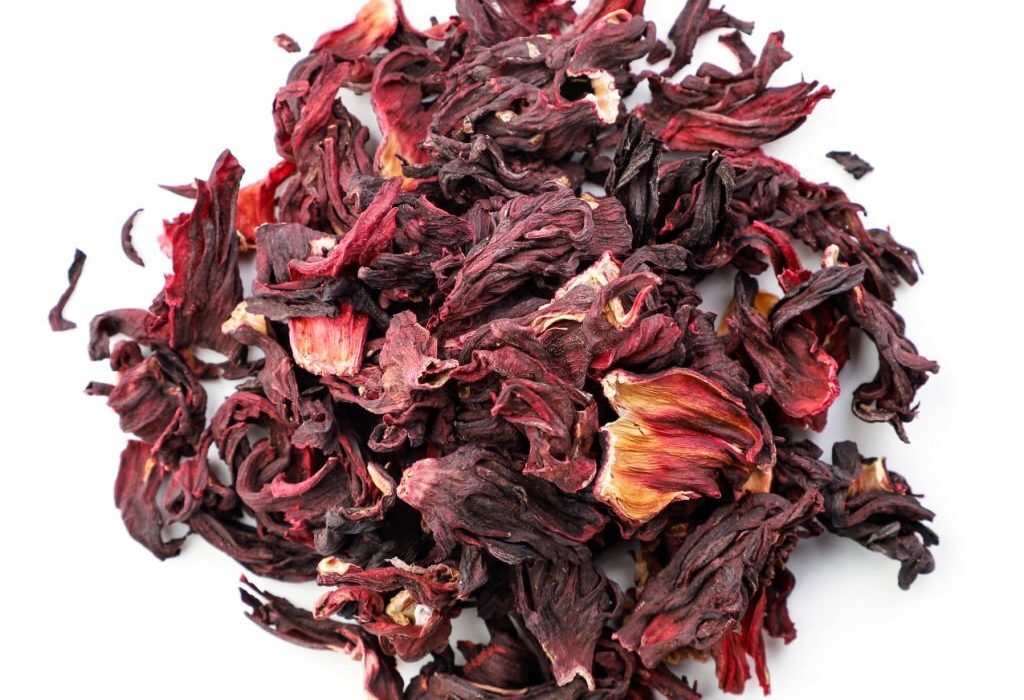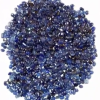Hibiscus, also known as Roselle, is a vibrant and colorful flower that is widely grown and appreciated in Nigeria. The plant is believed to have originated from West Africa and has been used for centuries in traditional medicine and culinary practices.

In Nigeria, Hibiscus is commonly referred to as “Zobo” and is a popular ingredient in refreshing drinks, soups, and stews. The dried calyx of the plant is often used to make a tart and flavorful tea, which is enjoyed both hot and cold.
Apart from its culinary uses, Hibiscus has numerous health benefits. The flower is rich in antioxidants, which help to protect the body from damage caused by free radicals. It also contains vitamin C, which is essential for maintaining a healthy immune system. Additionally, Hibiscus has been shown to help reduce high blood pressure and lower cholesterol levels.
In Nigeria, the cultivation and trade of Hibiscus have become an important economic activity. The country is one of the largest producers of the flower, with the northern region being the main area of cultivation. The flower is harvested during the dry season, and the dried calyx is then sold to local and international markets.
Hibiscus is also appreciated for its ornamental value. The plant produces large, showy flowers that come in a range of colors, including red, pink, yellow, and white. The flowers are often used in traditional ceremonies, such as weddings and funerals, and are also popular in home gardens and parks.
In conclusion, Hibiscus is a versatile and important plant in Nigeria, valued for its culinary, medicinal, and ornamental uses. Its popularity and economic importance are set to continue to grow, making it an essential part of Nigeria’s cultural and economic landscape.



